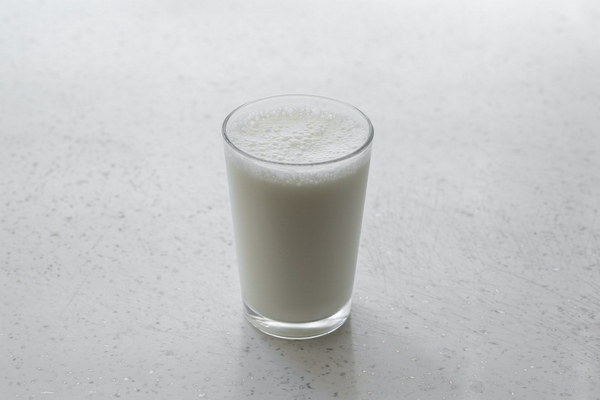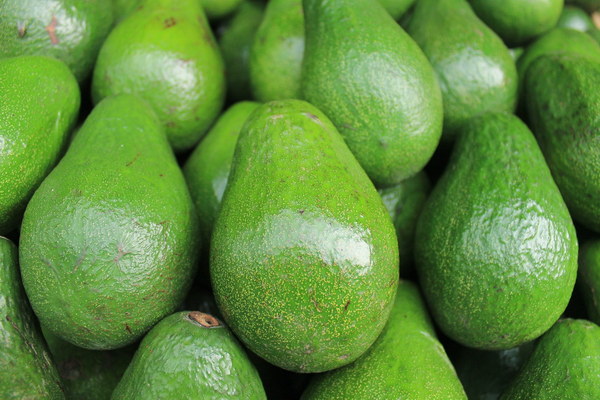Is There a Remedy for Dampness Exploring Traditional and Modern Solutions
In many cultures, especially in Eastern medicine, the concept of dampness (also known as dampness in the body or dampness syndrome) is considered a common health issue. Dampness is believed to be a condition where excess moisture accumulates in the body, leading to a range of discomforts and health problems. But is there a remedy for dampness? Let's explore traditional and modern approaches to addressing this concern.
Understanding Dampness
Dampness is often associated with symptoms such as fatigue, bloating, weight gain, joint pain, and digestive issues. In traditional Chinese medicine (TCM), dampness is seen as an imbalance in the body's Yin and Yang, where the body's fluids become stagnant and disrupt the normal functioning of organs.
Traditional Remedies for Dampness
1. Herbal Medicine: TCM utilizes various herbs to address dampness. Common herbs used include Coptis chinensis (huang lian), Poria cocos (fu ling), and Astragalus membranaceus (huang qi). These herbs are believed to help drain dampness and strengthen the body's defenses.
2. Acupuncture: Acupuncture is another TCM practice that aims to balance the body's energy. Acupuncturists may use specific points to stimulate the flow of Qi (vital energy) and to drain dampness from the body.
3. Dietary Adjustments: Foods that are believed to exacerbate dampness are often avoided in traditional remedies. These include heavy, greasy, and cold foods. Instead, a diet rich in warm, cooked, and easily digestible foods is recommended.
4. Exercise: Regular physical activity is encouraged to help move the body's fluids and promote circulation. Activities like tai chi, qigong, and walking are particularly beneficial.

Modern Approaches to Treating Dampness
1. Medications: In Western medicine, medications may be prescribed to alleviate symptoms associated with dampness. These can include diuretics to help with fluid retention, antihistamines for allergic reactions that can contribute to dampness, and medications for specific conditions like irritable bowel syndrome (IBS) that may be related to dampness.
2. Lifestyle Changes: Improving overall lifestyle can also help manage dampness. This includes reducing stress, getting enough sleep, and avoiding exposure to damp environments.
3. Nutritional Supplements: Some nutritional supplements are thought to support the body's ability to manage fluids. These include magnesium, vitamin B6, and vitamin B12, which are important for fluid balance and muscle function.
Conclusion
While the concept of dampness is rooted in traditional medicine, there are ways to address its symptoms using both ancient wisdom and modern treatments. Whether through herbal remedies, acupuncture, dietary adjustments, exercise, medication, or lifestyle changes, there are various approaches to consider when seeking a remedy for dampness. It's always best to consult with a healthcare professional to determine the most suitable treatment for your individual needs.









